|
By Kenzie Rosene, Master Scuba Diver Trainer
Most of you have met the amazing Sheena, one of our instructors and shop staff. If you haven't met her, I'm sad to say you won't because today is her last day at Rockfish Divers. Sheena has been an amazing employee, coworker, and friend, and we are all going to miss her dearly. Sheena always comes to work with some sort of witty story that makes you laugh so hard your stomach hurts, and is always a blast to dive with. She has also done some amazing work keeping the shop running during these weird Covid19 times. Here's a few of my favourite Sheena moments thus far: 1. Play fighting with her underwater during Divemaster Training exercises. Yes, hair was pulled and rocks were tossed 2. Sitting in the rinse bin with her in our drysuits because we were too lazy to take them off to clean them 3. Her bringing me treats when I was in the shop on a slow day 4. Watching her calm scared divers down and helping them grow more confidence in themselves 5. The general banter that occurs when we are in each others presence that almost always ends in one, or both of us crying laughing. 6. Oh also that one she started her truck and the sound was so loud it scared me and I dropped my ice cream Best of luck to you Sheena in your new adventures!! Come back soon for a visit!
0 Comments
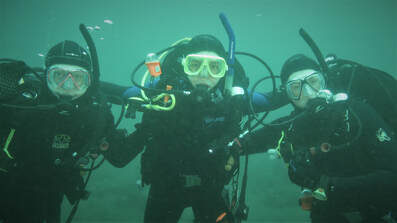 By Kenzie Rosene, Master Scuba Diver Instructor So, you want to know what working a Drop In Dive looks like? Well look no further! I'll tell ya right now! Okay first thing I do in the morning is wake up and brush my teeth. Just kidding, I'm not going to tell you my morning routine. But rest assured I do wake up and brush my teeth! Drop In Dives begin when I arrive at the shop to greet the participants for the day. My job is to make sure I have checked everyone's certification cards, get paperwork signed, help the shop staff with gathering gear, and assess the level of nervousness in the divers. The Drop Ins are a great way to get more experience with scuba diving, as well as meet people with a wide range of dive expertise. We have people join that are brand new off their Open Water course, all the way to people who have been diving longer than I have been alive. That being said, part of my job is to pair people up to dive together based on comfort level and experience. So while you are mingling and checking over your gear, I am watching you. Insert evil laugh here. Once we have figured out the best site based on conditions and experience levels, I send out the divers to meet me at the dive site. As the Divemaster, I am usually the last one to leave the shop. I have to pack the safety gear, spare parts gear, and wait for anyone showing up a little bit late. When it is time to head to the dive site, there is almost always music played slightly too loud in the car, along with very out of tune singing. I say almost always because on occasion, I have a diver carpool with me and I'd rather not horrify them with a private concert. Once I am at the site, I go around with my participant roster and check on gear set ups/fix any issues I see. Then comes the briefings, both site specific and general safety. I throw in a couple dad jokes just to make those briefings EXTRA special. I know when a fatherly joke really hits home when I see the people cringe, pity laugh, and avoid eye contact with me. After that, I double check that everyone has a buddy and a dive plan, and then I can get set up too. When my group and I hop in the water I of course make sure everyone is okay before we start the dive. From there, I lead my divers around the site, help them sort out any issues, and hopefully spot some wicked sea life. Once the dive is over and the safety stop is complete, it's time to hop out of the water, keep my kit set up, and go around with my dive roster again. Why is my kit set up still even though I'm done diving? Just in case someone in the water needs help. I can easily throw my gear on and get to them quick as a bunny. Once everyone has been checked out on my roster, people are free to go about their day. I always return back to the shop to return the safety gear, rinse my gear, and of course, tell the poor sucker stuck in the shop about all the amazing stuff they missed out on! Just kidding, but I do make sure I rub it in a little if I saw an octopus that day. After all is said and done, I go about my day as usual impatiently waiting for my next diving adventure. Happy Diving! By Kenzie Rosene, Master Scuba Diver Trainer
Well... The last 2 years have certainly been interesting. Firstly, we just want to welcome you back to Rockfish Divers! It's been a while since we've seen you. How are you? Did you miss us like we missed you? Have you found a way to keep diving during the pandemic? Or did you resort to sitting in your Drysuit in your bathtub? *cough cough* Not that I've done that or anything... Anyway, it's no shock to anyone that the global dive scene took a major hit during the pandemic. Many shops, including our own, shut down and thousands of dive professionals found themselves without jobs. We knew this was coming for us in Victoria, but we hoped we wouldn't need to close. In March of 2020 we voluntarily closed our doors to protect our staff and customers from any potential spread of the virus. We temporarily said goodbye to our regular patrons, and had to say goodbye to some of our amazing staff. I won't lie to you, Covid19 rocked our world in a bad way. In June of 2020 we were able to open our shop doors, but our normal activities were far from restored. It wasn't until October 2020 that we were able to start teaching Open Water courses again. This was also the month we gained a new instructor, Sheena (we love you Sheena!) In April of 2021 we had to stop teaching in the pool due to Covid19 restrictions tightening up, and we are currently awaiting the go ahead to start pool use again. Alright I'm done with all the doom and gloom. On to the good stuff! As soon as RFD opened the shop doors again we were met by all our regular patrons, as well as some eager new ones. In my 5 years of working at the shop I have never seen more of our students come back to continue their education. While our community has always been amazing, I also haven't felt this much support from Victoria's divers before. In the shop's absence, the divers surrounding RFD refused to let Covid19 take diving away from them, and continued to dive within their bubbles (ha, there's a pun there). The positivity radiating from the divers pushed us to keep going, and motivated us to make sure we supported everyone as much as they supported us. We changed our course options and policy's to meet the demand of the people, while also keeping virus transmission possibilities low. So where are we now? We are back running our charters on the West Shore and Race Rocks, as well as running our new snorkeling/eco tour charters. We have begun teaching Drysuit orientations in the ocean, along with some Refresher courses. We are running more Specialty courses and continuing education courses than we have in a very long time. Our drop in dives are back, including an evening drop in, and we have a new snorkeling drop in on Tuesday nights. As for our Open Water courses, we are about to begin those very shortly!! All in all, we are never going to be the same Rockfish Divers we were two years ago, but we are a new version of ourselves. Dare I say... a better version? We know this battle with Covid19 is far from over, but we won't let it drag us down. We hope to see you soon, and thank you for sticking with us! 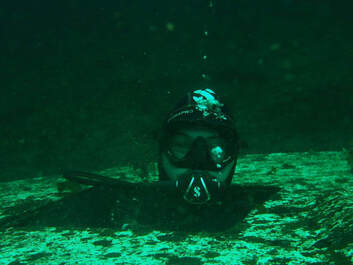 Drumroll please....... Meet Alex! Alex has been a long time friend and employee here at Rockfish Divers. You may have seen him working in the shop, on a charter, or assisting on a course. But what you may not know is that Alex has been working towards finishing his Divemaster certification for over a year. Alex has been an incredible asset to the team, and an absolute joy to mentor. From all of us at Rockfish Divers, we want to congratulate Alex on his massive accomplishment! Well done!! Love Kenzie, Sheena, and Tyler It's time for us to give backBy: Tori Preddy, IDC Staff Instructor When you think about how you want the world to view you, what do you think of? How do you want to be represented? When we ask ourselves that same question, many different thoughts surface. The three that keep coming up are safety, environmental awareness and community. We always strive to be as safe as possible in all our practices, and that tends to shine through in all our work. But what about environmental awareness and community? We realized that we need to work harder on these two topics.
But what about the rest of the community? We are still a part of a much bigger community, where not everyone dives. This community has allowed us to host many special events over the years, as well as support us in our efforts to grow. How do we help the Victoria community? Well for starters, we've started a food drive! All donations will go to the Mustard Seed, a non-profit that helps fight hunger in Greater Victoria. Every donation is appreciated, but as an incentive, anyone who donates five or more items will receive a free Rockfish Divers travel mug! Finally the environment. We strongly believe in the statement made by Sylvia Earle, "No ocean, no life. No blue, no green." Because of this we want to make sure we care for our oceans. As divers we should be ambassadors for them, as we're the ones down there. We get to see first hand what the world is doing to our waters. We constantly see all the garbage, pollution and over fishing that goes on. So why aren't we doing anything? Well, we're starting.
All this stuff is great, but what about dealing with the stuff humans have already done to the environment? Well, that's where we need you. We've pledged to run at least three underwater clean ups per year. Our first one will be in honor of Earth Day, and will be held on April 20th. Our next will be in June, for World Ocean Day, and our last (for the year) will be in September for World Clean Up Day. Underwater clean ups are a great way for everyone to give back, as well as ensure our dive sites remain pristine for years to come. On April 20th, for our first clean up of the year, we will be cleaning Ogden Point. There is loads of fishing line and hooks there that harm marine life, and create an entanglement hazard for divers, so we want to clear it up! We will provide mesh bags for all, as well as dispose of all the rubbish brought up. As a treat for those who help out, there will be a raffle with some great prizes from PADI, Huish Outdoors, and more! There will also be a selection of baked goods and drinks for post dive "energy". We hope to see you all there. This year we want to change the way we dive. We want to bring community and environment back into the picture for everyone. We hope our changes will bring us all closer, and give us all better experiences underwater.
Just desserts after illness kept me out of the water for a long time... |
|
#10 Ogden Point Breakwater Ogden Point is an excellent shore dive. Given the diversity of life, accessibility and proximity to Victoria it is definitely worthy of being in the top ten Victoria dive sites. I'm personally not fond of the walk out to dive flag 4 or 5, but if you are after a quick, easy and diverse site, Ogden point is a great choice. |
|
#9 Nudibranch Wall Nestled in Sansum Narrows, I'm guessing few have been diving here before. Although a bit of an environmental nightmare left over from commercial fishing in the past, the wall is exceptional given that you can dive it virtually any time despite current tables. Nudibranchs and a dense array of fish and anemones cover this very steep wall, but the most interesting part is the huge nets draped along the wall. As mentioned it is horrifying to think about the quantity of life that was likely once caught under these massive nets. However, they bring a really eery and cool feel to the site. |
|
#8 Great Race (Race Rocks) Sea lions, sea lions, sea lions! If you're after big interactive life, Great Race should be on your list! Although you will still see lots of other cool life, this dive is non-stop sea lions. Nothing quite like staring a sea bear in the eyes, while others are right behind you likely making faces. |
|
#7 Swordfish Island The big draw to Swordfish is the swim through, which is a cavern of sorts. Swimming through the tunnel is truly amazing. There are few sites locally that have the color diversity found in the Swordfish swim through. It doesn't hurt that the wall along the island is also great - often visited by sea lions, huge Puget sound king crabs, octopus and wolf eels. There is no wonder Swordfish is a great dive to accompany a Race Rocks charter. |
|
#6 HMCS McKenzie At 366' long, the McKenzie is massive, has a serious cool factor, and is packed with life. It's subjected to a lot of current so you need to be cautious on when you plan your dives, but the wreck has a lot of life - anemones, big cabezon, tube worms, barnacles and much more. It would be higher on my list, but the current and highly variable vis drop it a notch or 2 for me. |
|
#5 Senanus Island Glass Sponges The sponges hold an mysterious allure for most divers. Found at over 100'/30m of depth, the sponges are homes to crab, squat lobsters, and lots of jeuvenile rockfish in a dark eery setting. The inlet often has exceptional visibility and tends to be even better down at the sponges. Nothing quite like seeing a big white sponge the size of a smart car appear out of the darkness. |
|
#4 Burial Islet Nestled in the middle of Sansum Narrows, Burial Islet is a macro haven. This high current area is like diving over rolling hills covered in freshly fallen snow given the coverage of so many white short plumose anemones. Although not a lot of seals or sea lions, the density of smaller critters is impressive. |
|
#3 Ten Mile Point Ten Mile Point is the best shore dive I have done anywhere. Although you don't see a lot of big life (except octopus and the odd wolf eel...oh yeah, and the big cabezons), the macro life here is exceptional. Warbonnets, grunt sculpins, anemones, scallops and so much more in only a square foot or .25m. The locals love Ten Mile, and will hit the water at any time of day or night to catch a good slack. It's no wonder you find lots of divers at the nearest local pub comparing photos on the quarter moon each month. |
|
#2 Secretary Island As you push out towards open ocean, the sea life changes. The density of life on this island is impressive, but the diversity is even better. The west wall at Secretary is still my favorite especially with good visibility. You almost always get a visit from sea lions, and you can dive on or off slack! Strawberry anemones, pacific sea nettles, orange peel nudibranchs and much more can be seen here. |
|
#1 West Race (Race Rocks) West Race is truly a world class dive site. I can only think of a few dives on the planet I would consider to be better than West Race. Lots of sea lions (but not so many that it is distracting), octopus, wolf eels, basket stars, strawberry anemones, Puget sound king crabs and more anemones than you can imagine. The diversity and density of critters make this dive amazing, but when you throw in several sea lion visits on a single dive - in my opinion, it is the best dive off Greater Victoria, in the top five (5) in British Columbia, and the top ten (10) in the world! |
Honorable mentions:
Beechy Head - I haven't done this site enough to experience its potential. It is very subjected to current, but as I was blowing across at a knot or so, the wall was packed with life - the 6 or 7 pacific sea nettles didn't hurt either (I avoided the sting, but they were incredible to see)!
McCurdy Point - a Saanich Inlet favorite, especially when the vis is poor in the inlet. For some reason, McCurdy always seems to have the best visibility when everywhere else is like soup. The boot sponges along this wall are very impressive.
Moon jelly dive - the Saanich Inlet near the mouth of Tod Inlet hosts millions of moon jellies in the summer into late fall. Accessible by shore or boat, diving with countless moon jellies is always good fun.
Lunch at Portland Island - There is nothing like stopping for lunch and a pee break after diving in the Southern Gulf Islands, especially sites including the GB Church, Arbutus Island or Schute reef. I love pulling up on the beach and picking fresh apples for a snack in late summer, and driving home as the sun sets with spectacular colours.
My list is never complete! Really, we could make this the top 20, or even 50, but you have to cap it somewhere. More extensive lists would definitely include:
- North Race (Race Rocks),
- Arachne Reef (Southern Gulf Islands),
- Church Islands (West Shore)
#RockfishDivers #DiveCharters #Scuba #HopeSpot #SaanichInlet #SouthernGulfIslands #WestShore #RaceRocks #SeaLions #MacroLife #Ocean #Charters #Diving #GreaterVictoria #VancouverIsland #BritishColumbia
Author
Rockfish Divers is focused on community and educating divers on safety and environmental issues that impact the aquatic ecosystem. If you have an idea for a topic you would like us to feature, please submit it through the link below and stay tuned.
Archives
August 2021
July 2021
April 2019
November 2018
May 2018
February 2018
November 2017
October 2017
June 2017

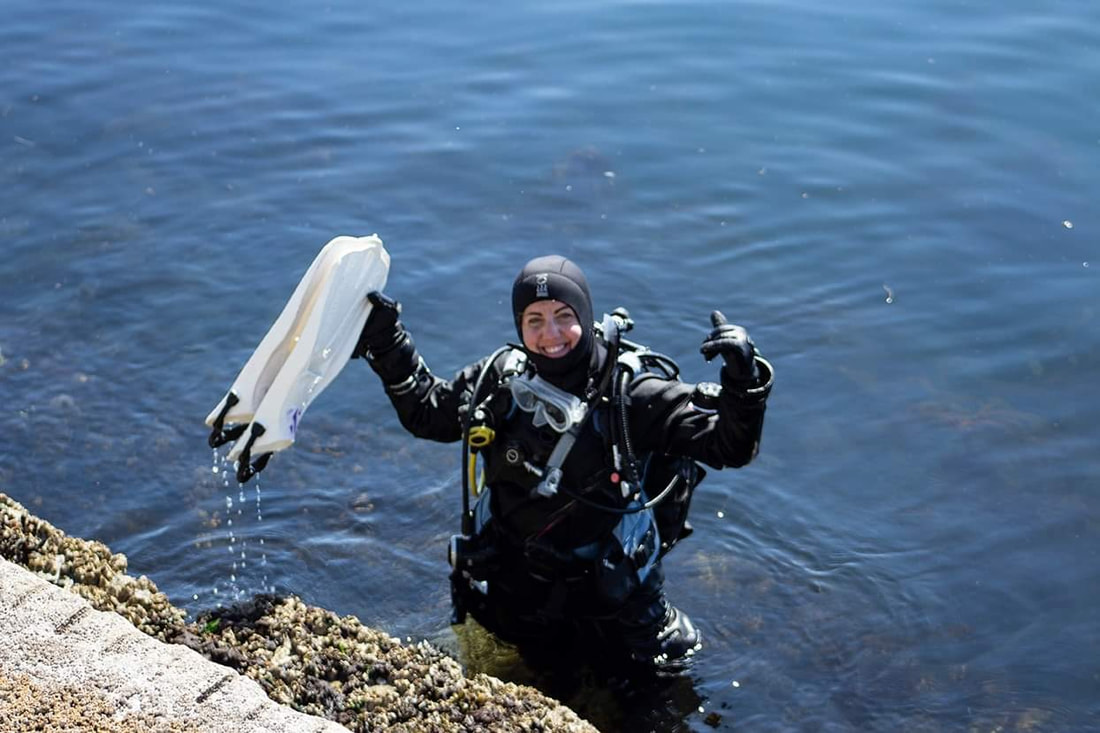
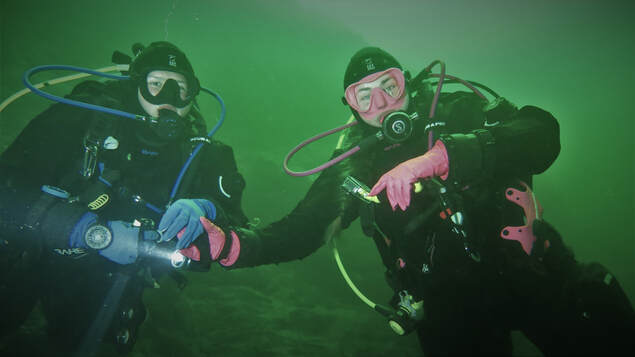
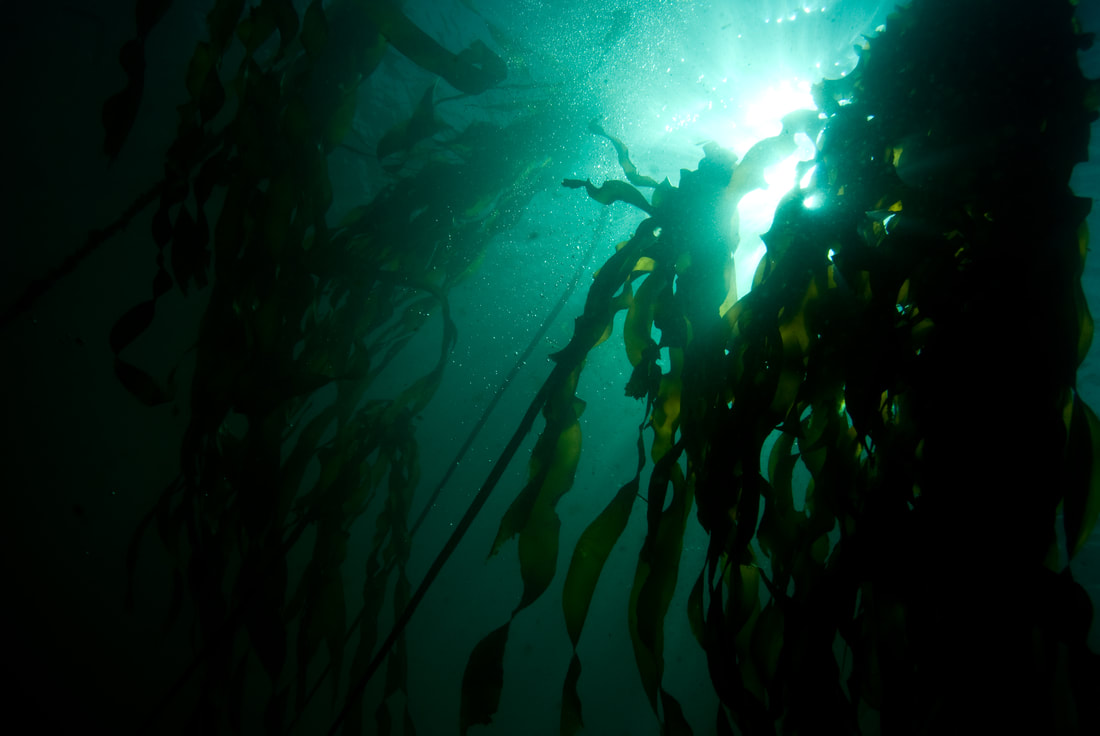



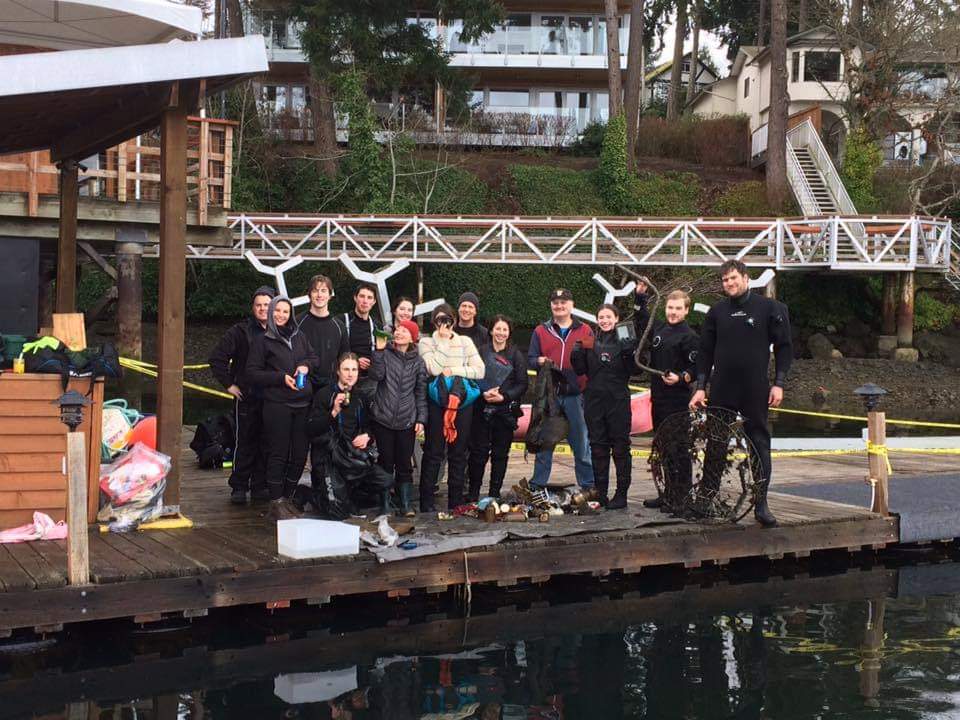
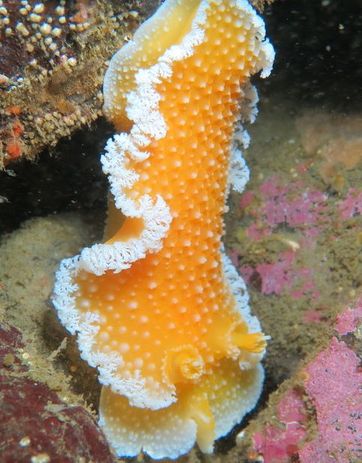
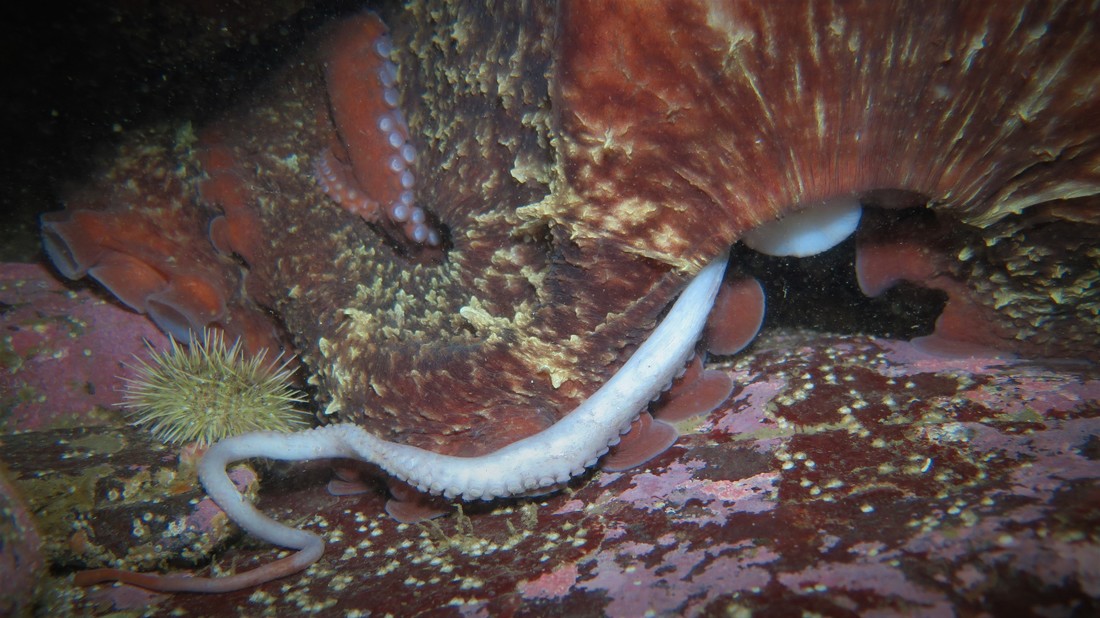
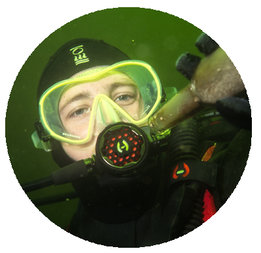
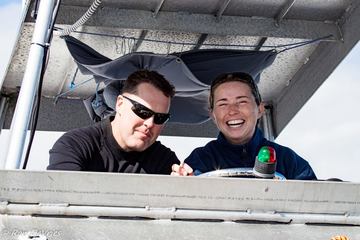









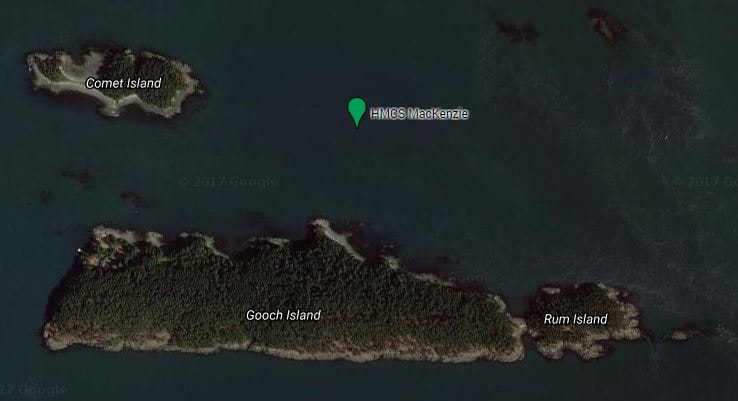





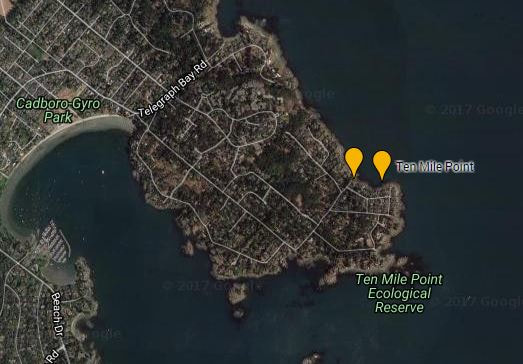



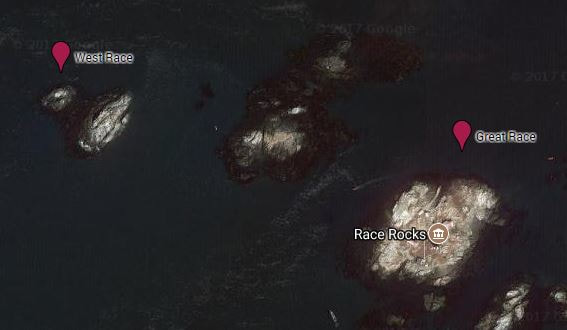

 RSS Feed
RSS Feed
